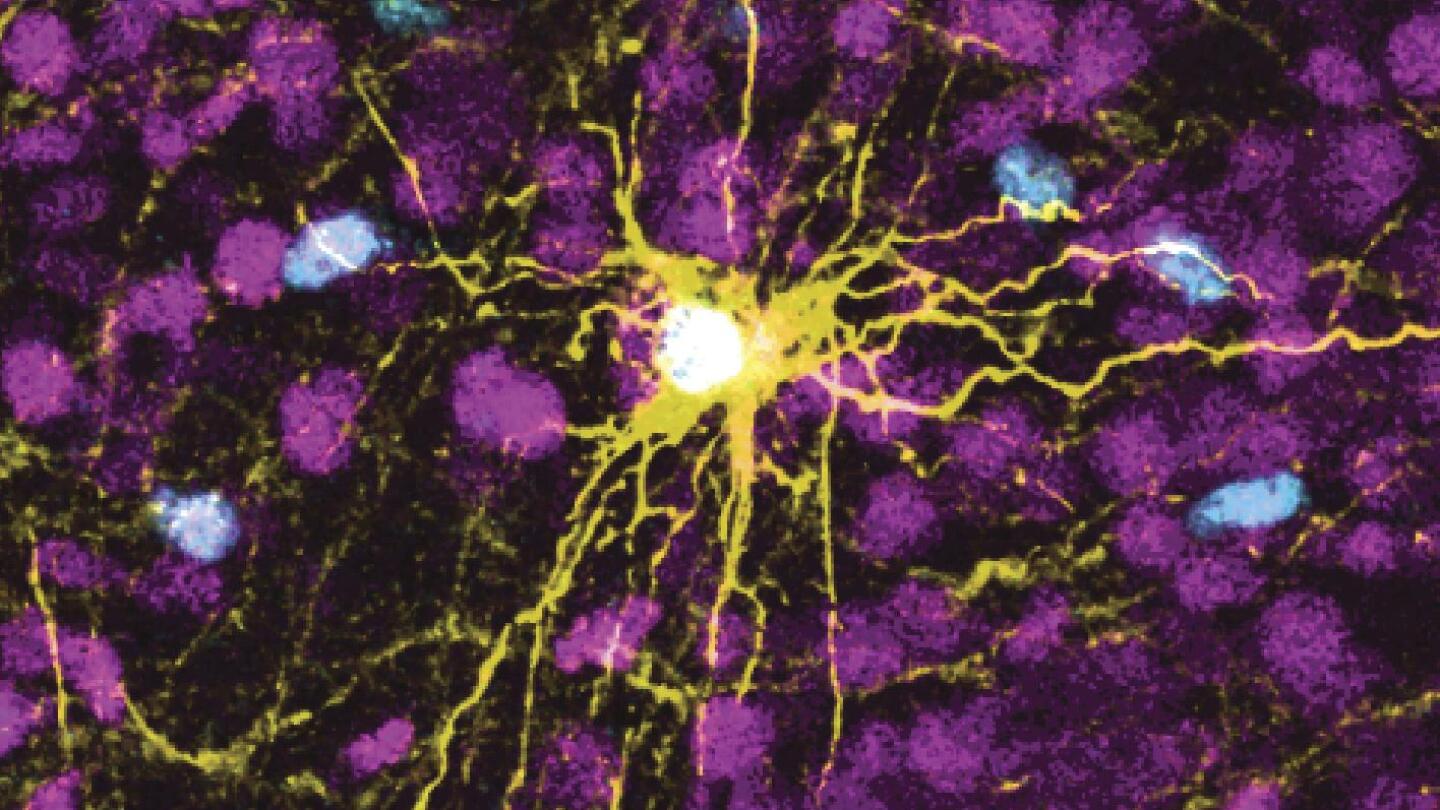Articles for Transplanted, search results for scientists

1 month, 2 weeks ago

2 years, 2 months ago

2 years, 2 months ago

2 years, 11 months ago